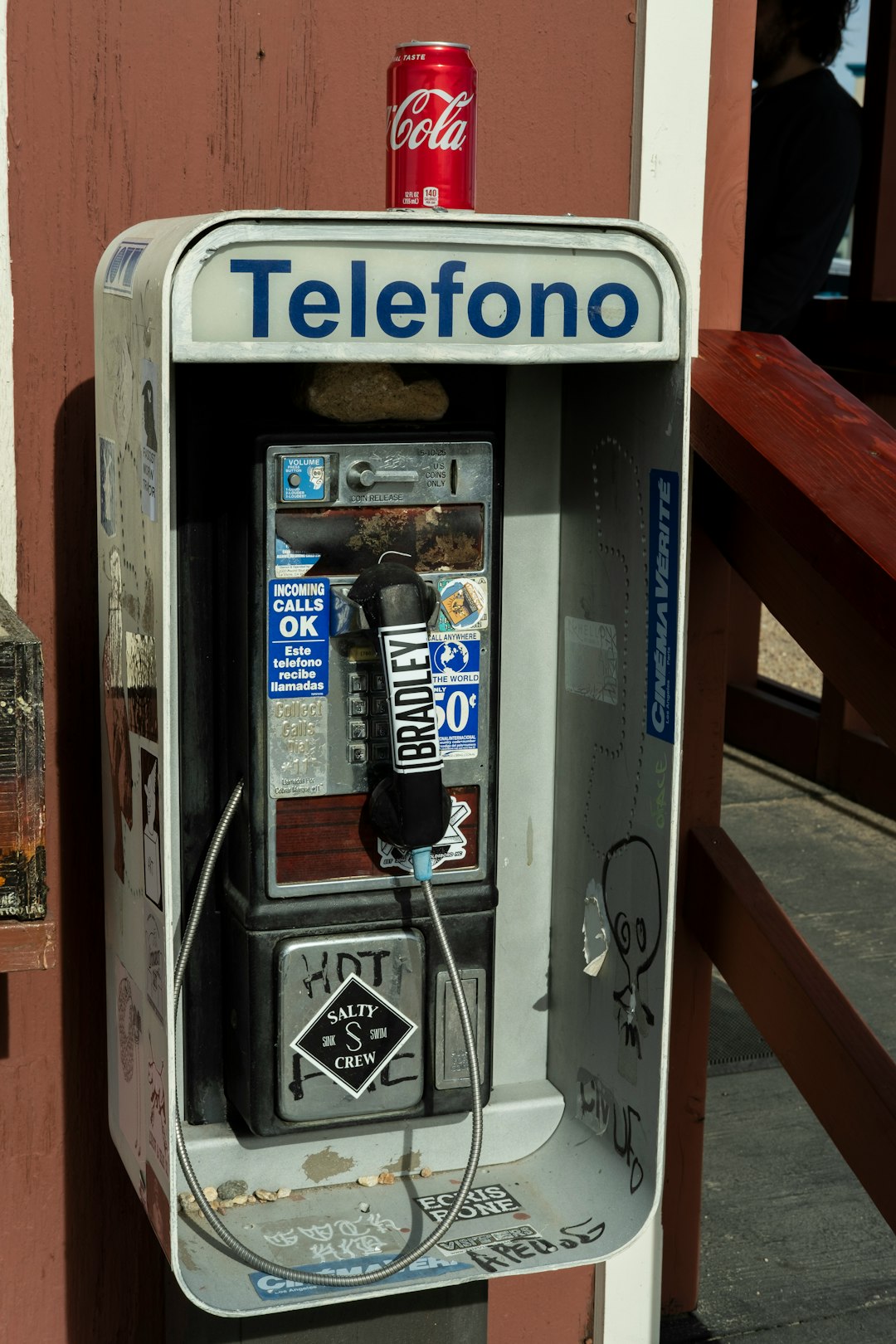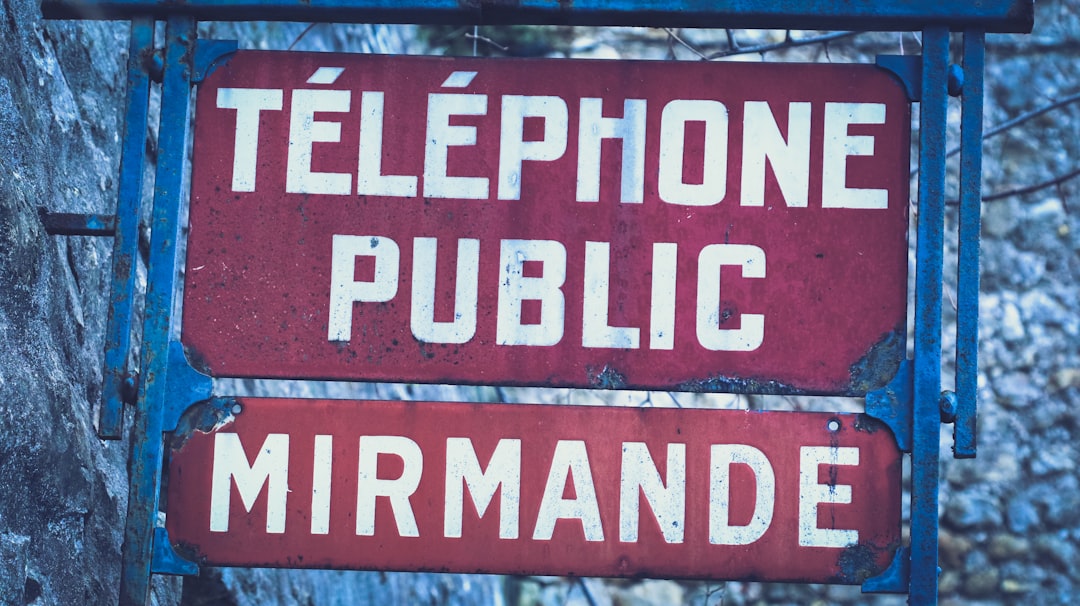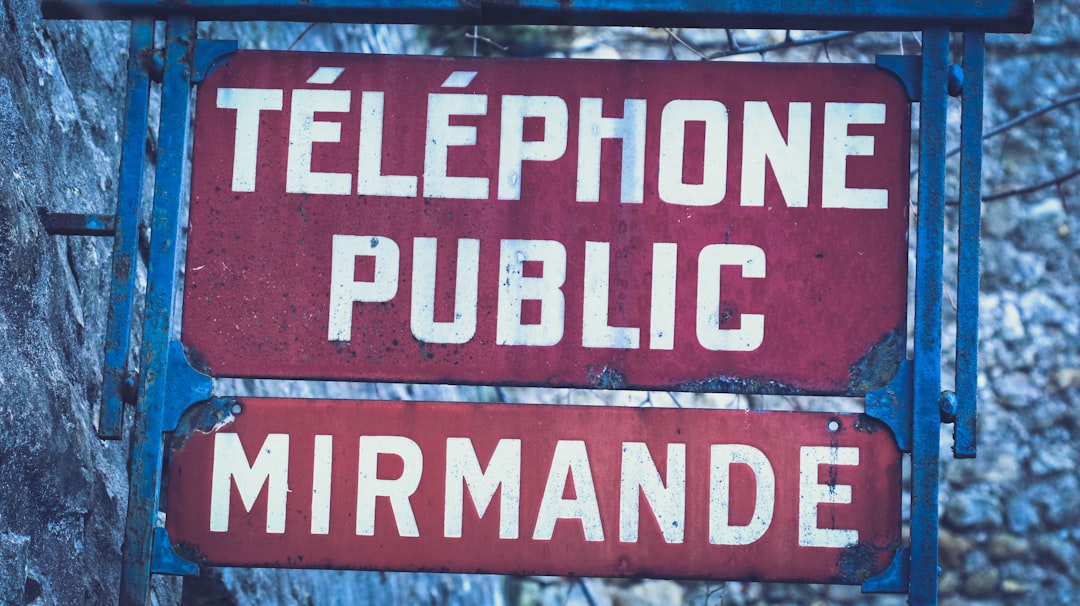Kentucky residents can combat robocalls and spam calls during elections by enrolling in the state's Do Not Call registry, consulting a robocall lawyer for legal protection under strict spam call laws, and filing complaints with specialized law firms. Understanding your rights and seeking expert guidance ensures privacy and compliance for a quieter election season.
As election season heats up in Kentucky, so does the threat of intrusive robocalls. Protecting voter privacy is a top priority, and understanding Kentucky’s anti-robocall laws is crucial. This comprehensive guide navigates how to stop unwanted political calls, your rights regarding Do Not Call lists, and legal options against spam during elections. If you’re facing a deluge of robocalls or need representation from a robocall lawyer in Kentucky, this article offers insights into finding the right spam call law firm to protect your rights. Discover robocall attorneys who specialize in do not call law firms Kentucky and fight for a quieter, fairer voting experience.
Understanding Kentucky's Anti-Robocall Laws

Kentucky has implemented laws to combat robocalls and protect its citizens during election season and beyond. The state’s Anti-Robocall Laws are designed to prevent unwanted automated phone calls, also known as robocalls, from spamming residents’ phones. These laws make it illegal for businesses or individuals to initiate such calls without prior express consent.
If you’re experiencing a surge in robocalls, especially those related to politics or promotions, knowing your rights under these laws is essential. A robocall lawyer in Kentucky or an attorney specializing in spam call cases can help navigate the Do Not Call laws and ensure your rights are respected. These legal professionals can also guide you on taking action against persistent violators, as well as represent you if a dispute arises regarding unwanted texts or calls.
How to Stop Unwanted Political Calls

Unwanted political calls can be a nuisance and a violation of your privacy, especially during Kentucky’s election season. Fortunately, there are several steps you can take to stop these automated messages from flooding your phone lines. One effective method is to register your number on the National Do Not Call Registry. This federal list restricts telemarketers from contacting you unless you give explicit consent. Additionally, many states have their own ‘do not call’ lists, offering further protection.
In Kentucky, there are strict laws against spam calls and robocalls. A robocall lawyer or attorney in Kentucky can guide you on how to file a complaint with the state’s telecommunications regulators if these unwanted calls persist. They can also help you understand your legal options, including seeking damages for each violation of the state’s robocall laws. Remember, if you’re experiencing an influx of political or telemarketing calls, don’t hesitate to take action and protect your rights. Consider consulting a local law firm specializing in these issues to ensure your privacy during elections.
Your Rights: Do Not Call Lists in Kentucky

In Kentucky, residents have the right to protect themselves from unwanted robocalls and spam calls during election season and year-round. The state’s Do Not Call registry is a powerful tool for individuals to exercise their rights against automated telemarketing calls. By registering your phone number with the Kentucky Public Protection Cabinet’s Do Not Call list, you can significantly reduce the volume of robocalls you receive from political campaigns, telemarketers, and other businesses.
This simple yet effective measure grants you legal protection under the state’s Spam Call law. If you’re still receiving unsolicited calls after enrolling in the registry, a robocall lawyer in Kentucky or an attorney specializing in spam calls can help you assert your rights. They can guide you through the legal process and ensure that businesses comply with Kentucky’s robocall laws, holding them accountable for violating your privacy.
Legal Action Against Spam Calls During Elections

In the heat of Kentucky’s election season, navigating a barrage of robocalls and spam texts can feel overwhelming. While many states have implemented Do Not Call lists and laws to curb unwanted communication, Kentucky also has specific regulations in place. If you’re facing an excessive amount of political robocalls or spam texts leading up to an election, consulting with a robocall lawyer in Kentucky could be beneficial. These legal experts specialize in navigating the state’s robocall laws, which include restrictions on when and how political campaigns can contact potential voters.
A robocall attorney in Kentucky can help you understand your rights and take appropriate action if your privacy is being invaded. They can represent you in cases against violators, ensuring that political campaigns adhere to the state’s spam call laws. By holding these organizations accountable, a lawyer for unwanted texts can contribute to a quieter, more respectful election environment. Remember, Kentucky’s robocall laws are designed to protect residents from excessive and nuisance calls, especially during crucial periods like elections.
Finding a Robocall Attorney in Kentucky

In Kentucky, dealing with robocalls and spam calls during election season can be frustrating and time-consuming. If you’re facing an excessive number of these unwanted phone calls, especially from political campaigns or telemarketers, it’s crucial to know your rights and options. One effective step is to consult a robocall lawyer in Kentucky who specializes in telecommunications law. These legal professionals are equipped to help you navigate the state’s robocall laws and protect your privacy.
Kentucky has strict regulations regarding spam calls, including robocalls and unwanted text messages, thanks to the Do Not Call laws implemented by the state. A robocall attorney Kentucky can guide you on how to file complaints with relevant authorities, seek damages if eligible, and even represent you in legal actions against persistent violators. Remember, knowing your rights is the first step towards a quieter, more respectful election season.






